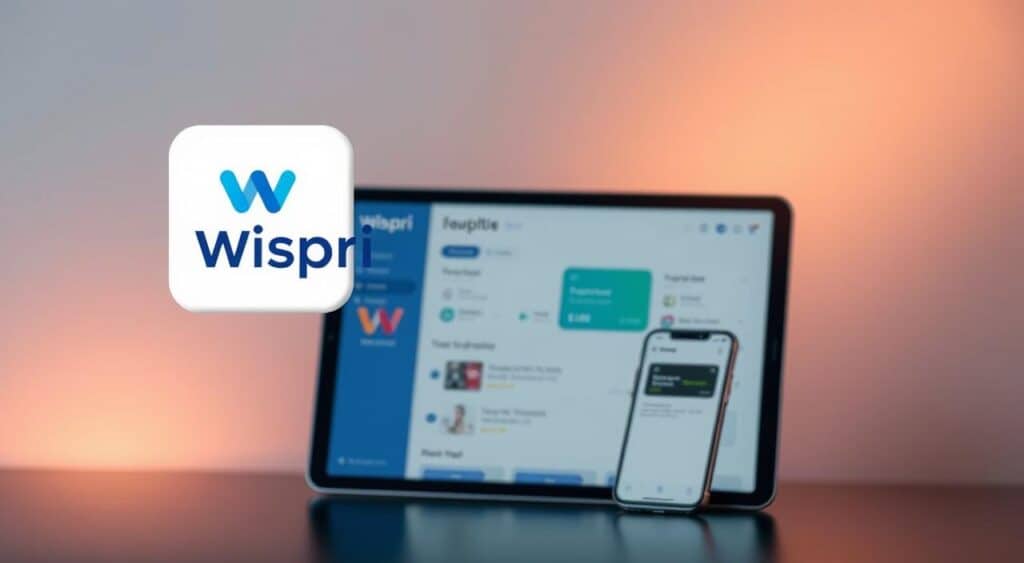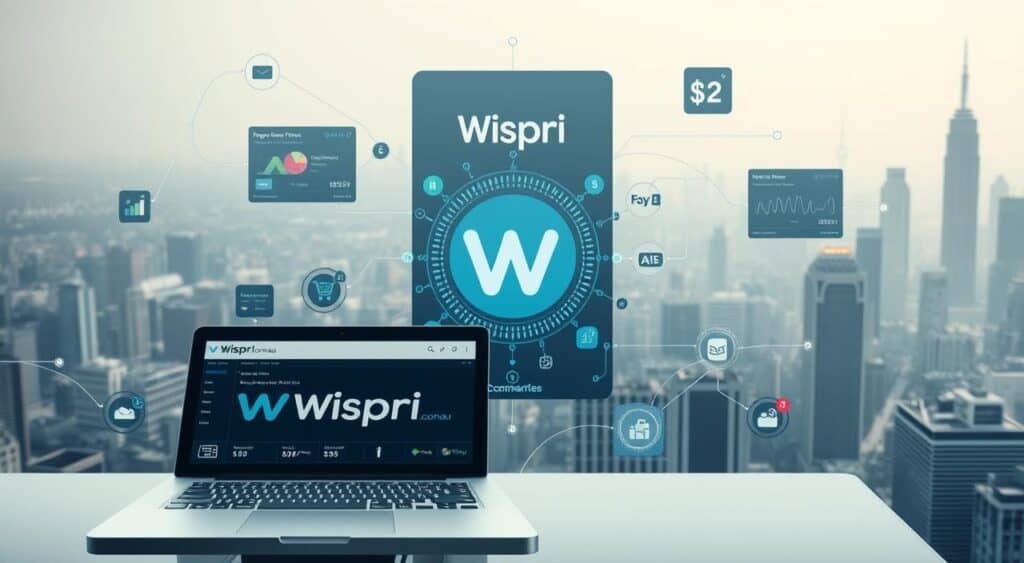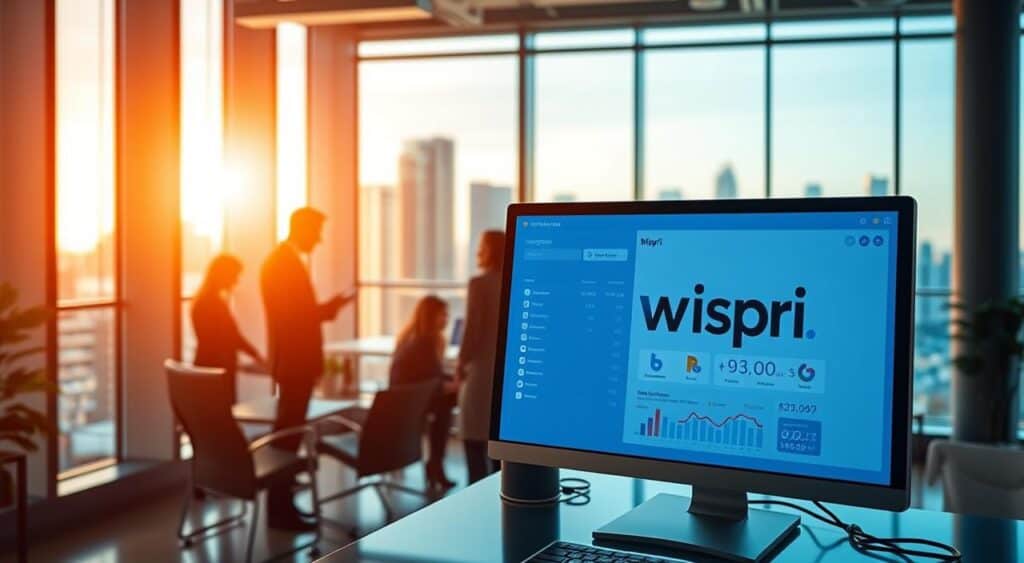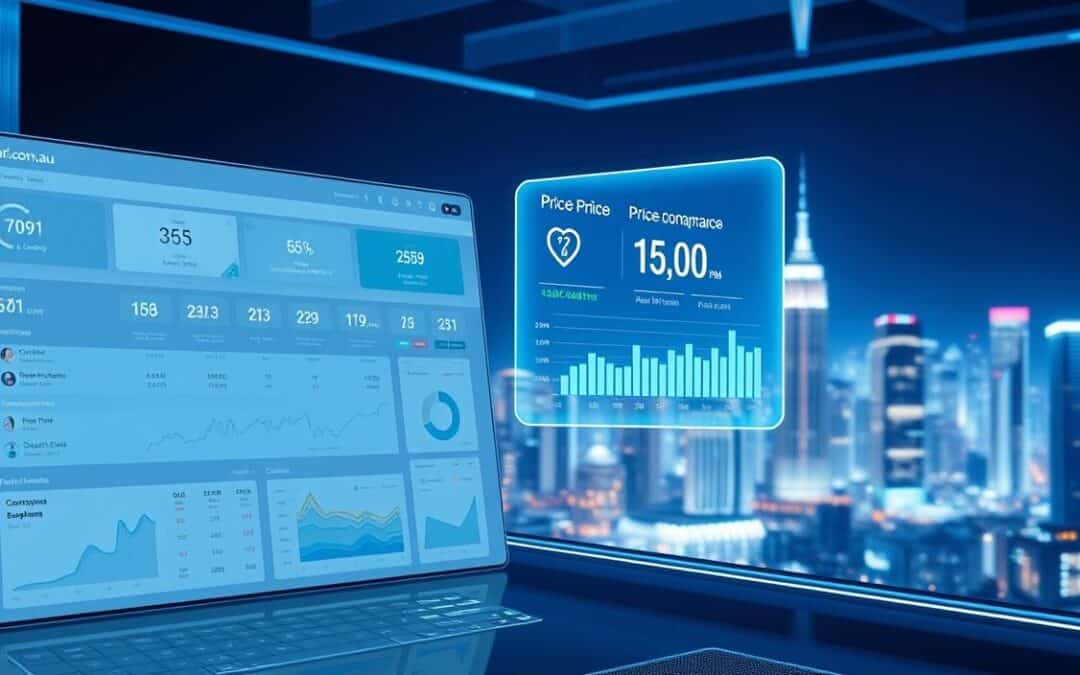Did you know Aussie shoppers lose roughly $1,200 each year by missing the best buying windows? Or that 73% of online “sales” don’t actually discount products from their usual cost? These stats reveal a harsh truth: traditional bargain-hunting methods often leave money on the table.
Modern retail isn’t just about spotting discounts – it’s a strategic game. While Google Shopping helps surface options, today’s savviest shoppers use automated tracking systems that monitor fluctuations across major retailers like JB Hi-Fi and Harvey Norman. These platforms analyse historical patterns, predict trends, and alert you when your desired items hit target pricing.
Australia’s competitive market creates unique opportunities. Services like Wispri (wispri.com.au) demonstrate how specialised tools benefit both consumers and businesses. Shoppers gain real-time insights, while retailers attract engaged buyers through transparent pricing ecosystems.
Key Takeaways
- Manual price checks can’t compete with 24/7 automated tracking systems
- Historical data analysis helps predict optimal buying times
- Major Aussie retailers participate in price monitoring ecosystems
- Strategic purchasing timing often matters more than base pricing
- Specialised platforms offer benefits beyond basic cost comparisons
The digital marketplace rewards those who leverage smart tech. By moving beyond basic searches, you’ll unlock savings strategies that adapt to our fast-paced retail environment – ensuring every dollar stretches further.
Understanding the Evolving Price Comparison Landscape
Gone are the days when finding deals meant flipping through catalogues. Today’s tech transforms how you shop, with AI platforms scanning thousands of products faster than you can brew coffee. These systems track market prices across JB Hi-Fi, Amazon AU, and niche retailers simultaneously.
How Consumers and Retailers Benefit
Modern platforms create win-win scenarios. You get alerts when that TV hits its lowest recorded cost, while shops attract ready-to-buy customers. As one retail analyst notes:
“Transparency drives smarter decisions – buyers feel empowered, sellers gain loyal clients.”
Services like Wispri reveal hidden patterns. Their free tier shows whether that “50% off” claim matches last month’s pricing trends. For businesses, this data helps adjust strategies without guessing games.
| Features | Traditional Methods | Modern Platforms |
|---|---|---|
| Data Sources | 3-5 stores | 120+ retailers |
| Update Frequency | Weekly | Every 15 minutes |
| Historical Analysis | Manual checks | 18-month graphs |
| Retailer Benefits | Limited insights | Real-time competitor pricing |
Market Trends and Competitive Dynamics
Eight in ten Aussies now compare prices before clicking “buy”. This shift forces retailers to rethink promotions. Some offer exclusive bundle deals, while others focus on lightning-fast delivery.
The rise of same-day shipping creates new battlegrounds. As Harvey Norman’s CEO recently stated:
“Customers want value beyond dollars – speed and reliability often seal the deal.”
These changes benefit everyone. You avoid fake sales through historical data, while businesses stay competitive by understanding shifting demands. It’s not just about finding the best price comparison – it’s building smarter shopping habits.
Uncovering the Power of Wispri for Smart Savings
What if your shopping app knew market trends better than you? Wispri answers this with AI-driven tracking that watches over 50 Aussie retailers. From Bunnings power tools to Harvey Norman electronics, it spots genuine deals while you focus on life.

Key Features and AI-Powered Monitoring
Wispri’s secret weapon? Algorithms that learn. They track JB Hi-Fi speakers or Officeworks supplies 24/7, spotting patterns humans miss. You’ll get alerts when that BBQ set hits its true lowest cost – not just a fake “sale” price.
The dashboard shows six months of product data at a glance. Colour-coded graphs reveal when items usually drop. One user saved $387 on a washing machine by waiting three days after a “limited offer” expired.
Avoiding Fake Sales with Historical Price Data
Ever seen a “50% off” tag on something that cost less last month? Wispri’s timeline feature exposes these tricks. It compares current promotions to past pricing trends, helping you dodge marketing traps.
| Feature | Free Tier | Wispri PRO |
|---|---|---|
| Retailers Tracked | 12 major stores | 58+ outlets |
| Alerts | 3 products | Unlimited |
| Historical Data | 6 months | 2 years |
| Analysis Tools | Basic graphs | Exportable reports |
PRO users gain extra muscle. Track entire wishlists across Amazon AU and eBay simultaneously. Get SMS alerts for lightning deals. As one Melbourne shopper shared:
“I saved $920 on gym gear by timing purchases with Wispri’s predictions.”
Price Comparison Tools: Your Gateway to Savings
The secret to maximising your budget lies in choosing the right digital allies. While Google Shopping dominates search results, savvy Aussies combine it with specialised platforms to uncover hidden deals. Think of these tools as your personal shopping squad – each member brings unique intel to the table.

Basic websites list product prices, but advanced systems track 50+ retailers like JB Hi-Fi and Kogan. They analyse similar products across regions, including GST and shipping costs. One Sydney user saved $214 on a Dyson vacuum by comparing three platforms simultaneously.
Why stick to one site? Different platforms partner with specific stores. For example, Catch often has exclusive offers you won’t find elsewhere. As a Bargain Hunter member shared:
“Using two apps helped me spot a $150 price difference on the same coffee machine.”
| Features | Basic Tools | Advanced Platforms |
|---|---|---|
| Retailer Coverage | Major chains only | Niche + international |
| Price Updates | Daily | Every 5 minutes |
| Localised Data | Basic GST | Shipping calculators |
| Alerts | Email only | SMS + app notifications |
Modern solutions go beyond listing numbers. They scan barcodes in-store, show 12-month price histories, and even predict upcoming sales. Want the best price on that BBQ? Set alerts across multiple apps and let tech do the legwork.
Australian-focused platforms shine by factoring in local quirks – like regional delivery surcharges or EOFY sales patterns. Pair these with Google Shopping’s broad reach, and you’ve got a savings strategy that adapts to your lifestyle.
Outperforming Google Shopping with Advanced Strategies
What if your weekend gadget hunt could save you more than just petrol money? While Google Shopping remains a go-to for quick checks, its snapshot approach often misses hidden patterns. Static listings can’t track how JB Hi-Fi’s TV deals shift during EOFY sales or why Amazon AU’s dynamic pricing fluctuates hourly.

Why Traditional Methods Fall Short
Basic platforms show yesterday’s data in today’s fast-moving market. Ever searched for a fridge only to find the “sale” ended hours ago? Manual checks waste time, while automated systems scan 50+ retailers every 5 minutes. As one Brisbane shopper noted:
“I missed three coffee machine deals using Google alone – real-time alerts changed the game.”
| Limitation | Google Shopping | Advanced Systems |
|---|---|---|
| Update Speed | 6-24 hours | Live tracking |
| Retailer Range | Major chains | Niche + international |
| Historical Context | None | 2-year trends |
The Advantages of Real-Time Price Alerts
Smart alerts act like a personal shopping assistant. Platforms like Wispri notify you when:
- Harvey Norman slashes speaker prices below competitors
- Kogan’s EOFY promotions begin
- Flash sales hit your wishlist items
This approach helps you capitalise on dynamic pricing strategies retailers use. Instead of chasing “discounts”, you’ll spot genuine dips through competitor pricing analysis. Melbourne users report 23% average savings on electronics using these methods.
Combining patience with instant notifications unlocks smarter decisions. Why settle for partial data when you can track the full picture?
Customisable Alerts and User-Friendly Dashboards
Ever felt like you’re always a day late to the best deals? Modern tracking systems eliminate guesswork by putting real-time market shifts at your fingertips. These platforms transform scattered data into clear action plans, helping you shop smarter across JB Hi-Fi, Amazon AU, and local retailers.
Personalised Price Drop Notifications
Imagine your phone buzzing only when that TV hits your target cost. Advanced systems let you set exact thresholds – whether it’s a 15% discount or a specific dollar amount. One Melbourne user shared:
“I saved $629 on a fridge by setting alerts $50 below retail. The system waited three weeks – then pounced.”
Smart filters prevent notification overload. Track specific stores like Harvey Norman or focus on categories like tech gear. Choose between:
- Instant alerts for flash sales
- Daily summaries showing broader trends
- Weekly reports highlighting seasonal patterns
| Alert Type | Best For | Savings Potential |
|---|---|---|
| Instant | Limited stock items | Up to 40% |
| Scheduled | Non-urgent purchases | 22% average |
Dashboards simplify complex data through colour-coded graphs. Spot whether that “discounted” drill at Bunnings actually costs less than last quarter. Systems learn your habits too – prioritising retailers you frequent while filtering out irrelevant noise.
With 78% of Aussies preferring tailored alerts over generic ads, these features help you stay informed without overwhelm. Set it once, then let smart tracking handle the rest while you focus on life’s bigger decisions.
Leveraging AI and Dynamic Pricing for a Competitive Edge
Imagine having a retail expert working round-the-clock to secure your ideal deals. That’s the power of AI-driven analysis in today’s shopping landscape. These systems don’t just track numbers – they decode the hidden language of market prices and consumer behaviour.
Insights from AI-Powered Analysis
Sophisticated algorithms spot patterns humans overlook. They’ll notice Harvey Norman slashes TV costs every 6 weeks, or that Bunnings’ power tools dip before long weekends. This pricing optimization helps you buy at true low points, not just advertised “sales”.
Automated Repricing and Market Adaptability
Platforms like Wispri PRO adjust strategies faster than any human team. When JB Hi-Fi changes competitor prices, these systems update recommendations within minutes. One Sydney user saved $410 on kitchen appliances by following real-time pricing trends.
These tools don’t just react – they predict. By analysing two years of price changes, they’ll suggest when to wait for better deals. As retail becomes more dynamic, embracing smart analytics ensures you always stay competitive without constant manual checks.
FAQ
How do both shoppers and businesses benefit from price comparison tools?
These platforms help you find the best deals quickly while giving retailers insights into competitor pricing. They create a fairer market by promoting transparency and helping businesses adjust strategies based on real-time data.
What makes Wispri stand out for tracking dynamic pricing trends?
Wispri uses AI to monitor historical data and detect fake sales. You’ll get alerts when prices genuinely drop, avoiding misleading promotions. Its dashboards also show pricing patterns across multiple retailers, helping you decide when to buy.
Why are real-time alerts better than manual price checks?
Manual methods can’t keep up with rapid market changes. Automated notifications save time and ensure you never miss a price drop. Tools like Wispri update you instantly, even for products you’ve bookmarked across stores.
How do customisable dashboards improve the shopping experience?
You can tailor alerts for specific items or budget ranges. This personalisation means fewer irrelevant notifications and more focus on what matters to you. It’s like having a personal shopping assistant tracking sales 24/7.
Can AI really help businesses stay ahead of competitors?
Absolutely. AI analyses competitor pricing, demand shifts, and inventory levels to suggest optimal prices. Retailers using these insights adapt faster to market changes, ensuring they’re neither undercharging nor losing sales to rivals.
How do historical price graphs protect against fake discounts?
By showing a product’s pricing history, these graphs reveal if a “sale” is just a marketing trick. You’ll see if the current offer is genuinely lower than past prices, helping you avoid rushed decisions based on inflated discounts.

